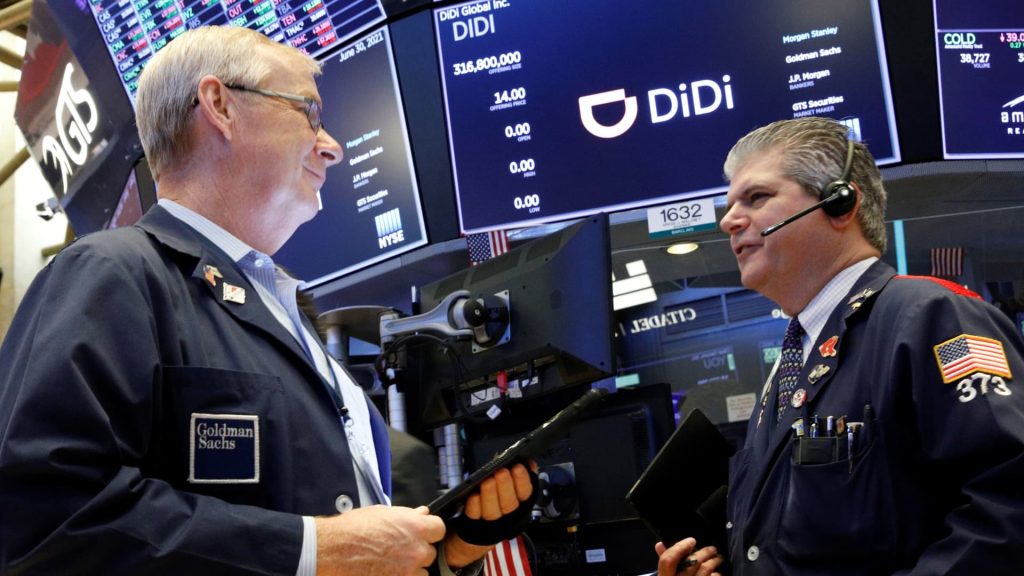Computing behemoth IBM
IBM
Amidst this financial backdrop, IBM stock has witnessed gains of 10% from levels of $125 in early January 2021 to around $140 now, vs. an increase of about 15% for the S&P 500 over this roughly 3-year period. However, the increase in IBM stock has been far from consistent. Returns for the stock were 6% in 2021, 5% in 2022, and -1% in 2023. In comparison, returns for the S&P 500 have been 27% in 2021, -19% in 2022, and 12% in 2023 – indicating that IBM underperformed the S&P in 2021 and 2023. In fact, consistently beating the S&P 500 – in good times and bad – has been difficult over recent years for individual stocks; for heavyweights in the Information Technology sector including AAPL, MSFT, and NVDA, and even for the megacap stars GOOG, TSLA, and AMZN. In contrast, the Trefis High Quality Portfolio, with a collection of 30 stocks, has outperformed the S&P 500 each year over the same period. Why is that? As a group, HQ Portfolio stocks provided better returns with less risk versus the benchmark index; less of a roller-coaster ride as evident in HQ Portfolio performance metrics. Given the current uncertain macroeconomic environment with high oil prices and elevated interest rates, could IBM face a similar situation as it did in 2021 and 2023 and underperform the S&P over the next 12 months – or will it see a strong jump?
We expect IBM’s core software operations to be one of the key drivers of growth for the second quarter. Software-related sales rose 7.2% in Q2, driven by higher sales of Red Hat
RHT
We think IBM stock is likely to see some modest gains following its Q3 results. At the current market price of about $140 per share, IBM stock trades at 14.5x consensus 2023 earnings. We believe that this is a reasonable valuation, given that IBM is focusing on core areas such as cloud computing, AI, and automation after divesting its legacy business. IBM is also making mid-size acquisitions to bolster its portfolio of higher-margin software products. We value IBM stock at $142 per share, which is marginally ahead of the current market price. See our analysis IBM Valuation: Expensive or Cheap for more details on what’s driving our price estimate for IBM. Also, check out the analysis of IBM Revenue for more details on how IBM revenues are trending.
Invest with Trefis Market Beating Portfolios
See all Trefis Price Estimates
Read the full article here







